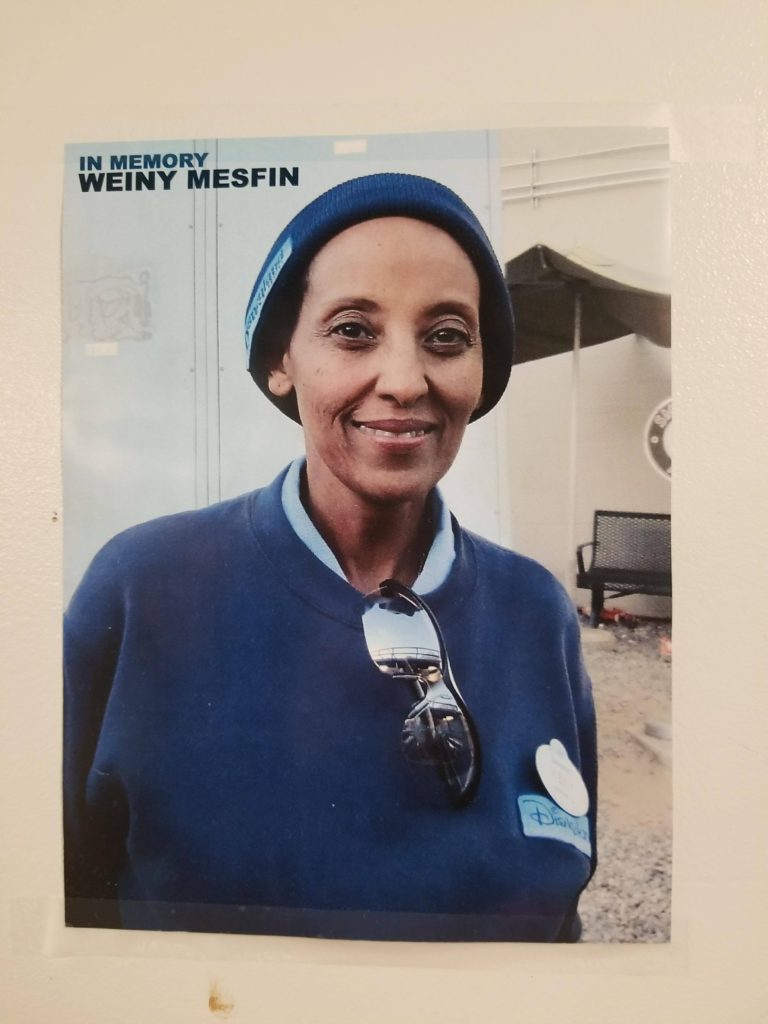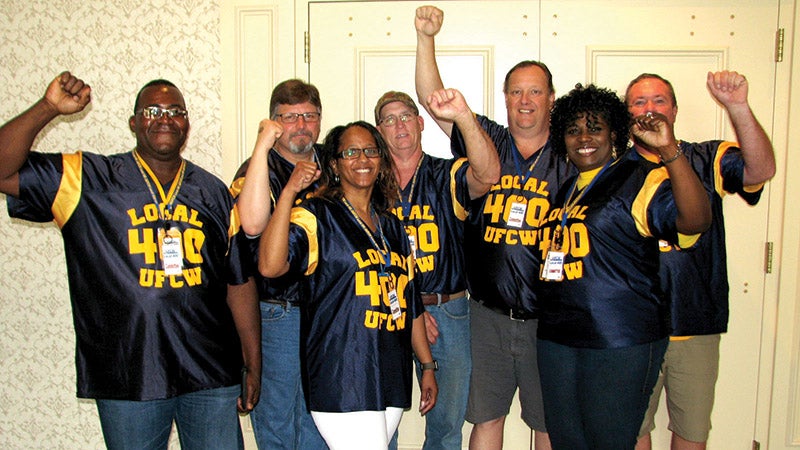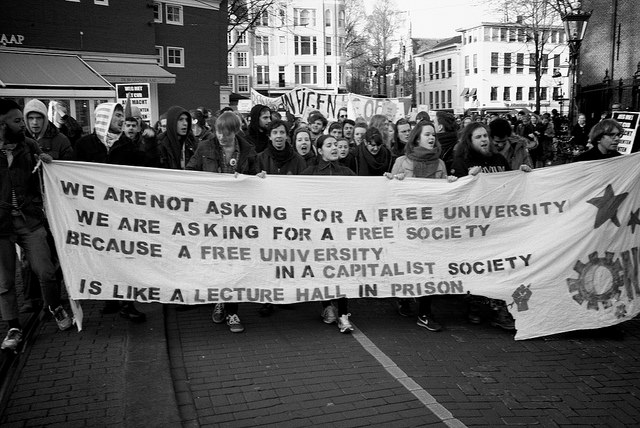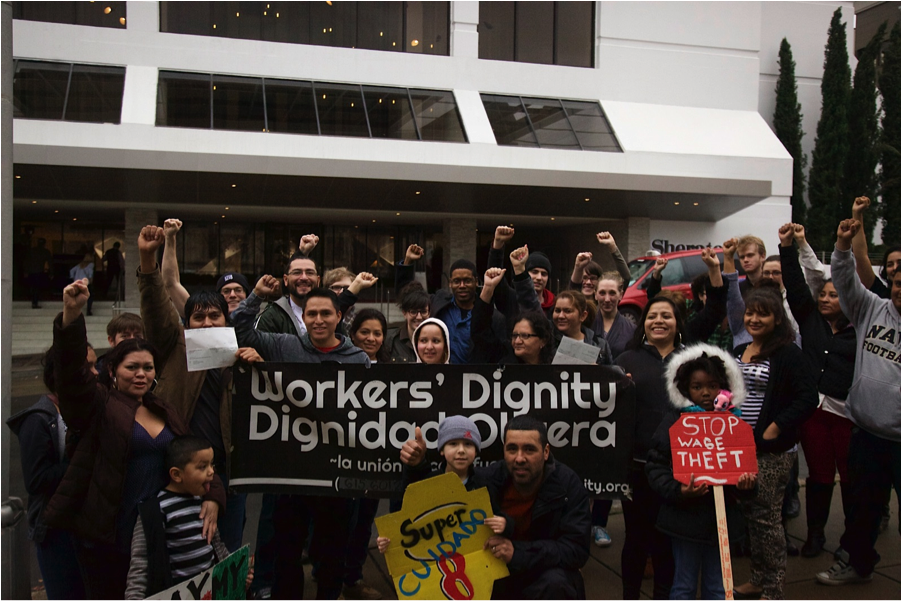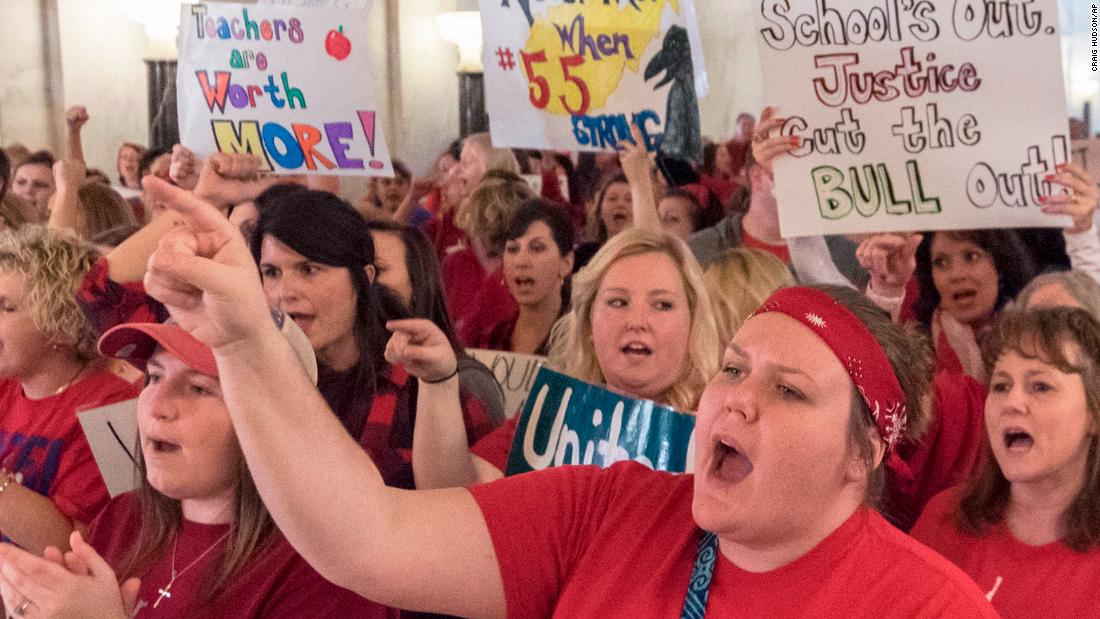
This Labor Day Weekend, while many observe the final holiday weekend that signifies the end of the summer, while politicians tweet out false message reveling in the American worker, and government and corporations systematically take away the rights of public/privatesector union workforces, women represent the largest group of low wage workers who have the most to lose from the Anti-Labor Movement; they will be serving your meals at restaurants, ringing you up at the registers for your family barbeque, and listening to your trivial complaints as you celebrate a holiday meant for them.
According to reports from the Institute for Women’s Policy Research, of the 23.5 million Americans working low-wage jobs, 19 millionare women. Traditional so-called feminine jobs – such as office and administration assistance, food preparation and serving, and beauty and personal services – are low-wage work, held mostly by women. A third of these women have children, and lack child care options and education. By 2024, one in six of all positions will be in “low-wage women’s work.”
The misconception that low wage work is only completed by teenagers hoping for some quick “movie money” is a complete falsehood. In the workforce sector that pays less than a living wage, 90% of the womenare over twenty years old. With union membership at only 6.5% for the private sector, women are feeling the brunt of the anti-union movement.
Despite the lack of strengththat union leaders feel confronting the current administration and its hostility to minorities, union members and their allies continue to use striking and picketing to make headway, as can be seen throughout the country.
In West Virginia, teacher’s strikes initially resulted in no significant gains while union leaders claimed victory. Teachers and supporters revolted, chanting “Go back to the bargaining table! We are the union bosses!” and continued striking for five more days to secure more concessions from the state. The Oklahoma Education Association (OEA), ending the shutdown for teachers after only nine days, angered and frustrated teachers. Around 70 percentof workers and parents wanted to continue the shutdown. In the end, the teachers took revenge on state legislators who criticized the strike by voting a majorityof them out of office.
While the teachers’ strike was ongoing, 1,400 communications workers went on strike. Some of the country’s most exploitable humans, currently incarcerated individuals,have organized a strike to end the abuses of the prison industrial complex. The motivations and purpose of the demonstrations, according to organizers, is a ‘“[Call] to an end to modern day slavery,’ they’re highlighting the 13thAmendment, which otherwise banned slavery, ‘except as a punishment for crime whereof the party shall have been duly convicted.’ Prisoners laboring for little or no wages is common practice, and those on strike are demanding an end to it, along with nine other demands, such as rescinding the Prison Litigation Reform Act, the restoration of the voting rights for incarcerated people and greater funding for rehabilitation services.”
This Labor Day, as we celebrate and possibly mourn the continued attacks on organized labor, we must also highlight the work of the country’s most vulnerable; women and those in prison. Against the rank and file leaders of the union, workers across the country are continuing the militant activism of the Labor Movement.
(Photo Credit 1: CNN)
